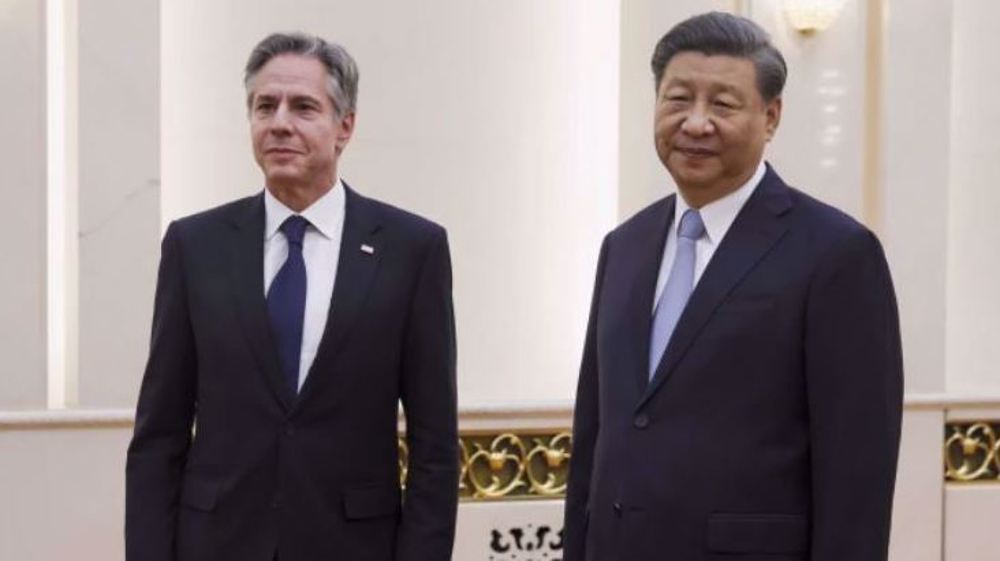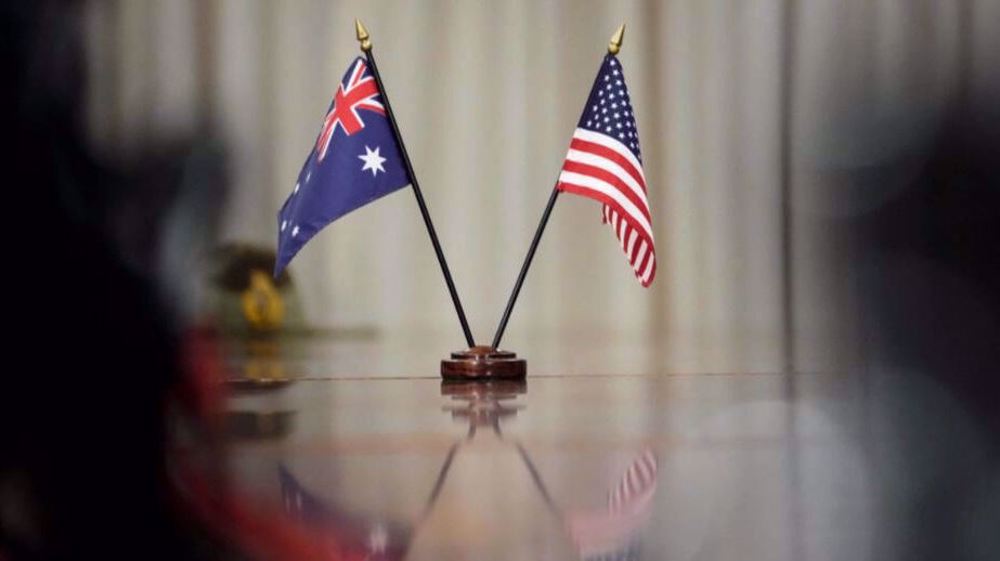Beijing tightens coronavirus restrictions as new cases detected
China has tightened restrictions imposed to contain the spread of the new coronavirus, urging residents not to leave cities and villages during the holiday period.
Beijing implemented the new restrictions after several coronavirus infections were reported over the weekend, Reuters reported on Sunday.
China has reported 87,000 cases of COVID-19, of which 82,000 people have recovered and about 4,600 have died.
The National Health Commission on Sunday reported 22 newly confirmed cases, including 12 locally transmitted cases and 10 arriving from abroad.
Seven of the locally transmitted cases were reported in northeast Liaoning Province, while five were reported in Beijing, the commission said in its daily report.
A meeting led by the capital’s Communist party leader, Cai Qi, urged all districts in Beijing to enter an “emergency” mode.
Shunyi district, where all the recent coronavirus cases in Beijing were reported, has been sealed off.
Seoul introduces new curbs
In South Korea, near-record numbers of new cases have also prompted Seoul to slap new restrictions.
During Christmas and New Year holidays, the government banned gatherings of more than four people in greater Seoul.
“We will observe the situation over the next week and decide whether to adjust the social distancing measures before Jan. 3 when the special quarantine measures for the year-end holidays terminate,” Health Minister Kwon Deok-cheol said.
The country reported 970 new coronavirus cases on Sunday, bringing the national tally to 56,872 cases, with 808 deaths.
EU kicks off mass vaccination campaign
In the meantime, Europe launched a massive vaccination drive on Sunday.
Frontline medics and pensioners took the first shots as the pandemic continues to take lives across the continent.
In Italy, 29-year-old nurse Claudia Alivernini was one of three medics to receive the first shots of the vaccine. “It is the beginning of the end ... it was an exciting, historical moment,” she said at Rome’s Spallanzani hospital.
Czech Republic Prime Minister Andrej Babis was at the head of the vaccination queue, while in Vienna, three women and two men over 80 got the vaccine in the presence of Austrian Chancellor Sebastian Kurz.
“We are at war, but our weapon has arrived and it is in these small vials,” the head of Bulgaria’s anti-virus taskforce, General Ventsislav Mutafchiiski said after getting his vaccination in Sofia.
Germany, Slovakia and Hungary jumped the gun on the official rollout by starting to administer shots to frontline workers and elderly people on Saturday.
Outside the EU, Switzerland and Serbia had already started their vaccinations programs.
In the UK, where almost half the population are living under lockdown, a vaccination campaign had gotten underway earlier as well.
Meanwhile, Sweden and Canada confirmed finding several cases of the new variant as they joined the growing list of countries that have reported cases of the more contagious coronavirus variant first identified in Britain.
Some 40 countries, have so far imposed travel restrictions from the UK, over the new strain of the virus, which is believed to be up to 70 percent more transmissible.
WHO urges world to learn lessons
In related news, head of the World Health Organization (WHO) Tedros Adhanom Ghebreyesus warned that coronavirus would not be the last pandemic in the world.
“History tells us that this will not be the last pandemic, and epidemics are a fact of life,” said Ghebreyesus.
In a video message marking the first International Day of Epidemic Preparedness, Ghebreyesus called on world leaders to learn lessons from the COVID-19 pandemic.
He said the coronavirus pandemic should not have come as a surprise considering all the repeated warnings. “We must all learn the lessons the pandemic is teaching us,” he said.
“For too long, the world has operated on a cycle of panic and neglect... We throw money at an outbreak, and when it's over, we forget about it and do nothing to prevent the next one. This is dangerously short-sighted, and frankly difficult to understand,” he said.
Ghebreyesus said that the devastating coronavirus pandemic turned the world upside down in the past 12 months. He pointed out that the impacts of the pandemic were greater than the disease itself, with “far-reaching consequences for societies and economies.”
The WHO chief said countries must be prepared to prevent, detect and mitigate emergencies of all kinds and called for stronger primary health care provision.
‘Say no to Biden’: US college being pressed not to endorse genocide
VIDEO | UN: Alarming food insecurity crisis grips Afghanistan
VIDEO | Stuck in quagmire
UK suspends legal assessments of Israeli violations in Gaza
Students protest at US universities to urge end in financial ties to Israel
Biden signs war aid bill supplying Israel, Ukraine with more weapons
VIDEO | France, West warn Israel against escalation with Iran
Iran refutes Kuwait’s assertion of exclusive rights to Arash gas field













 This makes it easy to access the Press TV website
This makes it easy to access the Press TV website